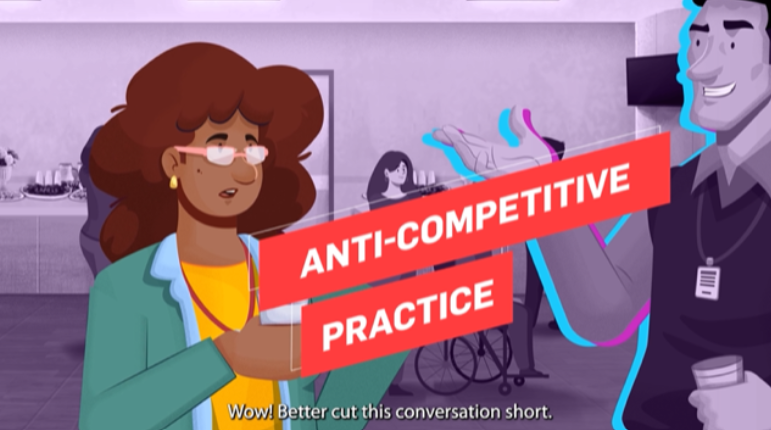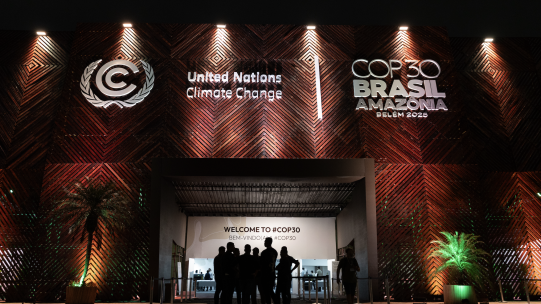Brazil Initiative Teaches Ways to Spot Corruption Risks
Read more


Let’s have dinner and chat. It might sound like a nice, friendly invitation, but is it?
An anti-corruption initiative in Brazil is using videos to highlight hypothetical questions and everyday dilemmas that business leaders, employees, clients and suppliers might face. How they respond in real life is key to upholding ethical standards.
The set of eight animated videos was launched by Brazil’s Agribusiness Anti-Corruption Collective Action (ACCA), an initiative facilitated by Global Compact Network Brazil.
Brazil’s agribusiness in particular is vulnerable to corruption, given the array of licenses, certifications and inspections required throughout the industry that require sensitivity and high standards of ethics, professionalism and transparency to be effective.
The agribusiness anti-corruption videos offer practical solutions and reinforce the importance of maintaining ethical standards in everyday business practices.
In one video, for example, a company representative and a public official meet by chance in the city center. As they chat, the official casually suggests discussing a potential contract over dinner.
The video freezes, giving way to the company representative speaking in a voice-over, weighing whether this would be an appropriate course of action.
The company representative concludes that accepting the invitation could be seen as taking an illicit advantage, potentially leading to problems for himself and the company.
The video proceeds to explain how interactions with public officials should be conducted, emphasizing the importance of transparency, protocol and formal procedures.
In the end, the company representative decides it would be more appropriate to arrange a formal meeting at the office instead of accepting the dinner invitation.

The videos in the campaign, called “Deep Down You Already Know!” and based on the Best Practice On Anti-Corruption in Agribusiness Guide, have been integrated into training programs at companies such as Minerva Foods, where they reach more than 3,900 employees around the world.
Minerva Food, based in Barretos, São Paulo, is a leading beef exporter in South America and sells food products in more than 100 countries.
“The course really helped me understand actions better and stay alert to any suspicious behavior,” said one Minerva employee. “The training is great for reminding us about those small actions that might seem harmless but actually have a hint of trouble behind them.
The videos cover specific ethical issues such as conflicts of interest and bribery in a way that is clear enough for those without a background in compliance to understand, the worker added.
“The examples really bring situations to life,” he said.

The “Deep Down You Already Know!” videos provide an opportunity to look at seemingly benign situations that, without some awareness, might seem acceptable but in fact carry a corruption risk, reinforcing the theoretical components of the training with real-world examples.
The training has become a crucial part of Minerva’s Integrity Program, a spokesperson for the Compliance Department said.
It involves training, courses and long-term actions aimed at preventing illicit activities, with a focus on continuous education and proactive engagement to build a strong foundation of ethical behavior over time.
“This approach helped bridge the gap between theory and practice, enhancing content retention. We believe the videos will be memorable for employees if they encounter similar situations,” according to the Compliance Department.
The Collective Action initiative has the support of the Brazilian Ministry of Agriculture and Livestock and, in 2022, it became a criteria for the national award of the Ministry, the “Selo Mais Integridade.”
This year, the initiative became self-funded, supported by 12 sponsor companies.
The Outstanding Achievement in Collective Action Award, granted by the Basel Institute on Governance in 2024, further positioned the country network as a model for Latin American nations combating corruption in key sectors through Collective Action initiatives.


